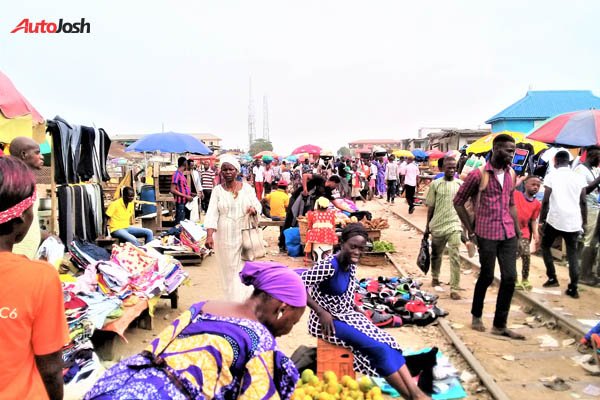News
Trading On Railway Track: Why Is This Risky Practice Permitted?
-
News1 week ago
Akwa Ibom Governor Presents Brand New Toyota Land Cruiser 300 SUVs To All Former Deputy Governors
-
News1 week ago
Bentley Shelves EV Plans As Current Lineup Will Be Replaced Soon
-
News1 week ago
Nigeria Police Boss Commissions 59 Armored Toyota Hilux’s For Enhanced Tactical Operations
-
News1 week ago
Aston Martin Valhalla Positioned On The Deck Of A Superyacht Turn Heads At 2025 Monaco Yacht Show
-
News1 week ago
Moment Tinubu Arrived For The Coronation Of 44th Olubadan In Armored Toyota Land Cruiser 300 Series
-
News2 days ago
44th Olubadan of Ibadanland Gifted Rolls-Royce Ghost Ahead Of His Coronation Ceremony
-
News2 days ago
Acura ZDX Electric SUV Has Been Discontinued Jyst After A Year
-
News1 day ago
Sir Okeowo Seen Behind The Wheels Of His Open-top Rolls-Royce Phantom Drophead
